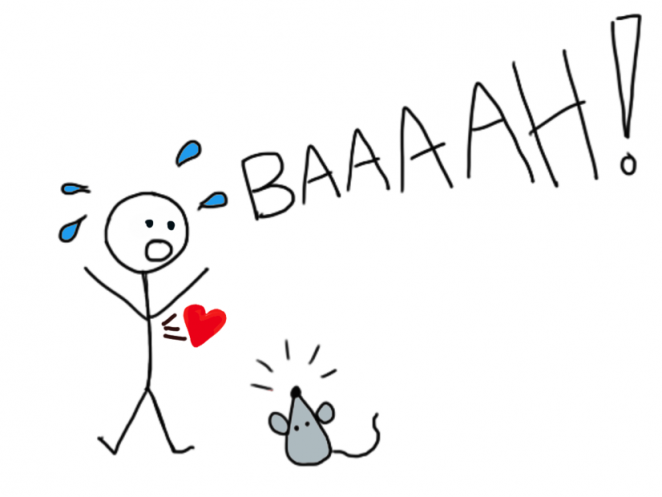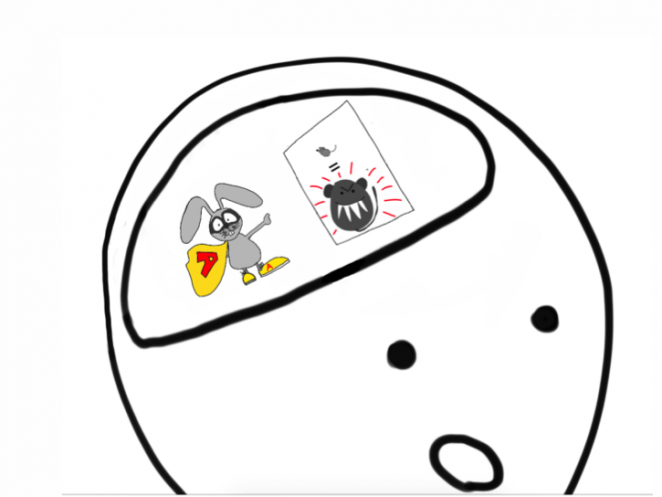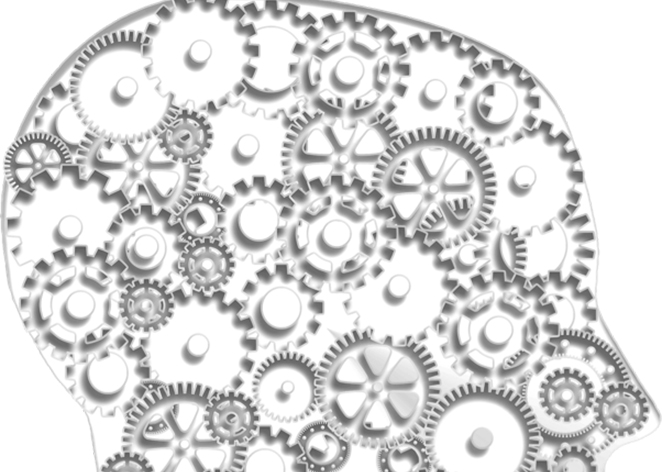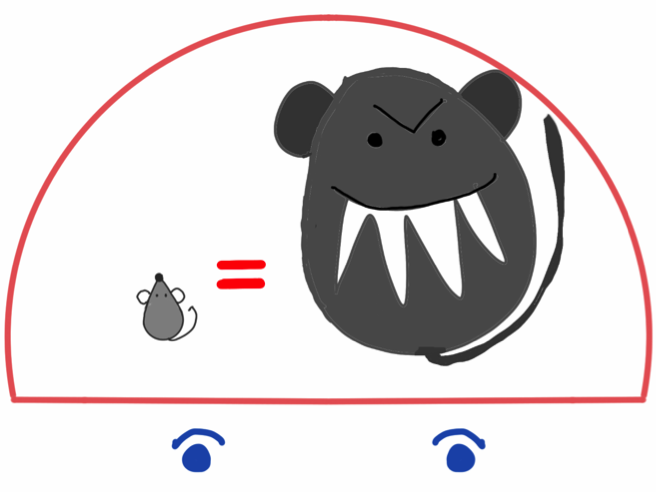PSYCHOLOGY OF US
YOUR RESOURCE LIBRARY
Though guilt and shame are similar and often used interchangeably, recent neuroscience research suggests that they are very different emotional processes. They both underpin self-correction but they are made up of different brain chemistry, are based on different beliefs, and motivate different reactions (1). Guilt arises when we think that we have done damage to […]
READ FULL ARTICLE
Please bear with us as we conduct essential maintenance to our resource library.

Why We Experience Stress Neuroscientist Antonio Damasio has been studying emotions for over 30 years. Damasio suggests that all emotions, positive and negative, have evolutionary functions geared towards our survival (1). Emotions are motivators that have evolved over millions of years. Each emotion is made up of neurochemicals that motivate us to fulfill certain basic […]
READ FULL ARTICLE

Perhaps you’ve heard of the amygdala. It is the lightning-fast brain section responsible for detecting potential threats and prompting fear responses, such as fight-or-flight. The amygdala sends signals to the hypothalamus to release bursts of stress hormones (such as cortisol and adrenaline), which promote arousal and prompt us to enact safety strategies. […]
READ FULL ARTICLE

READ FULL ARTICLE
Fear is the physical, mental, and emotional reaction to a threat that is present or imminent. Anxiety is caused by imagining threats or possible future danger. Our threat perception can be rational and reasonable or wildly disproportionate and unrealistic. However, our brains have difficulty telling the difference between real and imagined threats.

READ FULL ARTICLE
Most of our emotional brain function happens in the Limbic system where neurotransmitters such as serotonin (which stabilises mood), dopamine (makes us feel pleasure) and GABA (calms anxiety) all play a role in our emotional wellbeing. Sometimes our complex emotional system falters and we receive either excessive or insufficient amounts of these neurotransmitters and depression […]

READ FULL ARTICLE
Neuroscientist Antonio Damasio studied emotions for over 30 years. His research suggested that emotions are motivators that have evolved over millions of years.
